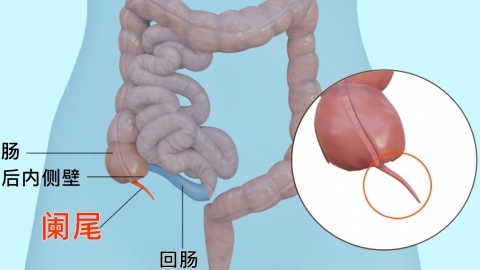Can appendectomy be performed using minimally invasive techniques?
Whether appendectomy can be performed minimally invasively depends on the severity of the condition and the patient's physical status. Minimally invasive surgery may be suitable for early-stage appendicitis or mild cases, while it is unsuitable when the appendix has perforated, there is severe adhesion, or the patient cannot tolerate the procedure. If in doubt, early medical consultation is recommended. Detailed analysis is as follows:

If the patient is in the stage of acute simple appendicitis, with localized inflammation, no significant abscess or gangrene in the appendix, and is in good general condition without severe cardiopulmonary diseases or coagulation disorders, minimally invasive appendectomy is appropriate. This procedure involves making 2–3 small incisions in the abdomen using laparoscopy. It is associated with minimal trauma, rapid recovery, less postoperative pain, and patients typically can get out of bed within 1–2 days and be discharged within 3–5 days.
When appendicitis progresses to stages involving pus formation, gangrene, or perforation, causing severe adhesion between the appendix and surrounding tissues, or if the patient suffers from severe cardiopulmonary insufficiency, extensive intra-abdominal adhesions, or coagulation dysfunction, minimally invasive surgery is not suitable. In such cases, the surgical field of view is unclear, and minimally invasive procedures carry a high risk of massive bleeding or intestinal injury. Traditional open abdominal surgery is required to better clean the abdominal cavity and manage the affected tissues.
The selection of surgical approach for appendectomy should be comprehensively evaluated by professional physicians based on the patient's condition and physical status. Patients should truthfully disclose their medical history before surgery and strictly follow postoperative medical advice regarding wound care and diet. Prompt follow-up is necessary if abnormalities such as fever or worsening abdominal pain occur.








